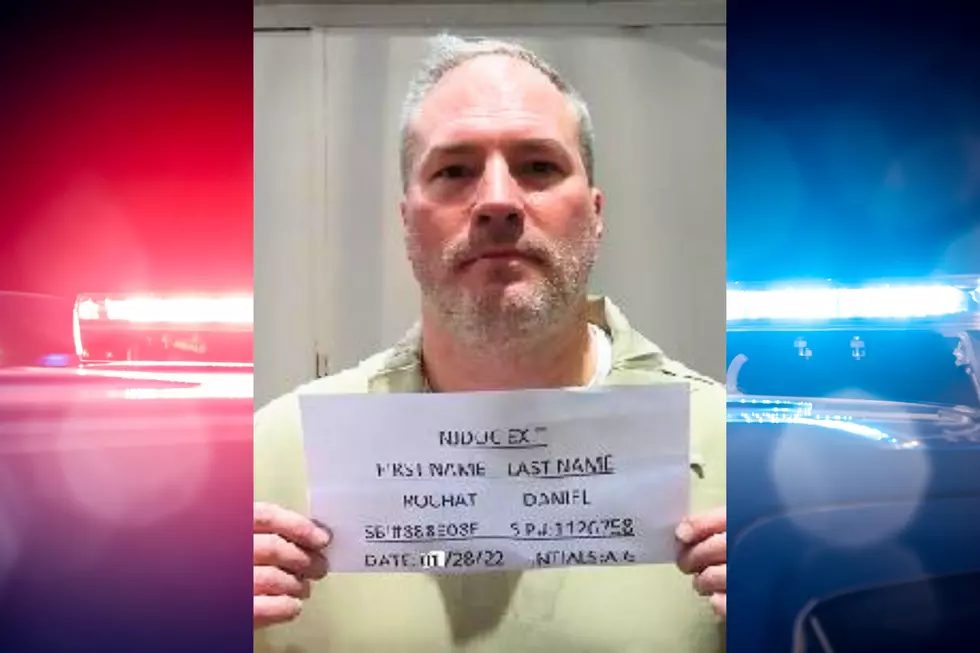
Senate passes highway bill, sends it back to House
WASHINGTON (AP) -- The Senate voted Tuesday to keep federal highway money flowing to the states into December but only after rejecting the House's reliance on what lawmakers called a funding "gimmick" and moving to force a post-election debate on whether to raise gasoline taxes.
The House could accept the Senate's changes or reject them and send the bill back to the Senate. Whichever outcome, a highway funding bill is still expected to clear Congress before lawmakers adjourn for the summer later this week.
The Senate took up a $10.8 billion bill the House passed last week that would have kept the federal Highway Trust Fund solvent through next May and voted 66-31 to strip out controversial funding provisions, leaving $8.1 billion.
That's enough to keep programs going only through Dec. 19. The amendment's sponsors - Democrats Tom Carper of Delaware and Barbara Boxer of California and Republican Bob Corker of Tennessee - said they want Congress to reach a long-term funding solution this year and they hope that will be easier after the November election when partisan tempers will presumably have cooled.
The vote on passage of the bill was 79-18.
Congress has shored up the trust fund four times since 2008. The current effort would be the fifth time, and lawmakers said they don't want to do yet another short-term patch next year.
"I remain deeply concerned that if we kick this can into next year that the next Congress - like so many Congresses before it - will be unable to summon the courage necessary to write a long-term plan for our nation's infrastructure," Carper said.
The trust fund is in its current straits because the federal 18.4-cent-a-gallon gas tax and the 24.4-cent-a-gallon diesel tax- the fund's chief source of revenue - haven't been increased in more than 20 years, while the cost of maintaining and expanding the nation's aging infrastructure has gone up. The fuel-efficiency of cars and trucks is also increasing while people are driving less per capita.
One solution would be to raise fuel taxes, but lawmakers are reluctant to do that in an election year - especially Republicans for whom a vote in favor of any tax increase could trigger a backlash from their party's base.
"I haven't heard of a single person that doesn't realize this issue has got to be dealt with, and the way we've been dealing with it is totally irresponsible," said Corker, who has bucked his party by introducing a bill to raise the gas tax.
Corker and Carper have offered separate proposals to raise the fuel taxes.
Senators also said they objected to way the House bill raised money for highway programs. More than half the $10.8 billion in the House bill was raised by letting companies defer required contributions to their pension plans - thus increasing the taxes those companies pay - to help fund highways. Lawmakers said such "pension smoothing" will cost the government money in the long run and undermine the financial stability of pension funds. In its place, senators promised to raise equivalent revenue by making it harder for people to claim tax deductions and credits they don't qualify for.
House Speaker John Boehner, R-Ohio, declared that his chamber would not accept Senate changes to the House bill's financing provisions. "I just want to make clear, if the Senate sends a highway bill over here with those provisions, we're going to strip it out and put the House-passed provisions back in and send it back to the Senate," he said.
Senate Majority Leader Harry Reid, D-Nev., acknowledged the Senate may have to take up the issue all over again if the House sends back a bill. But he said Congress will send a bill to President Barack Obama for his signature before adjourning for the summer.
Lawmakers are anxious to avert widespread layoffs for construction workers and shutdowns of road and bridge projects just before the November elections.
By Friday the trust fund will no longer have enough money to cover promised aid to states, the Transportation Department says, and the government will begin to stretch out payments. States have been warned to expect an average reduction of 28 percent in aid payments.
Without action from Congress, the balance in the fund is expected to drop to zero by late August or early September. And, separately, the government's authority to spend money on transportation programs expires on Oct. 1. Some states already have cut back on construction projects because of uncertainty over federal funding, and Obama and state and local officials have complained that the uncertainty over funding is costing jobs.
Federal aid pays for about 52 percent of the cost of road and bridge capital projects undertaken every year, said Dave Bauer, a lobbyist for the American Road and Transportation Builders Association.
"So if you have 52 percent of your market that on an almost annual or every-other-year basis is subject to Congress not shutting everything down when there isn't a great track record on doing that, would you be making long-term investments and hiring people?" he said.
More From New Jersey 101.5 FM









